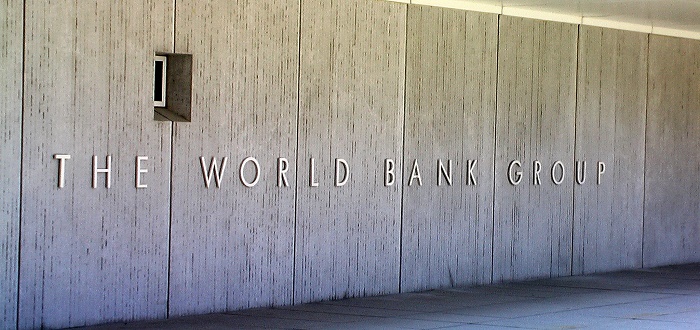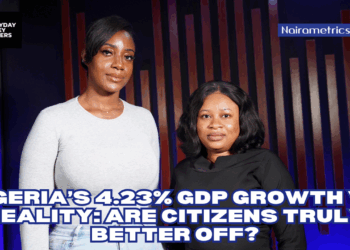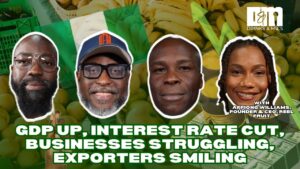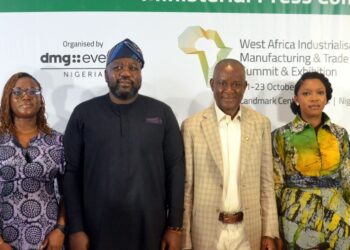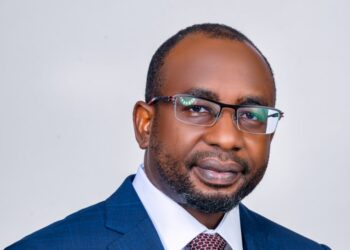Nairametrics| A Senior Economist at World Bank office in Nigeria, Yue Man Lee has said that it is imperative that the Federal Government (FG) increase taxes in order to generate more revenue. According to Lee, this is necessary so that Nigeria can adequately pay interest on its domestic debt.
When the Executive rolled out the 2017 budget with a N2.3 trillion deficit, the plan was to borrow the government’s way out of the deficit budget. About half of the deficit was to be sourced internally while the remaining half borrowed from external sources. The internal or domestic borrowing was to be sourced from treasury bills, bonds etc. that the FG would issue, while the Eurobonds, ADB and World Bank loans amidst others would make up the foreign borrowing.
However, Lee has exposed a problem that Nigeria is facing from its current debt profile. Although the country’s total current debt is relatively low compared to the Gross Domestic Product, the interest rate payment is not sustainable by current revenues.
“Nigeria’s debt to GDP ratio is relatively low. What is of concern is the ratio of interest payment to revenue. That is what is concerning. This reflects the fact that there has been a massive drop in revenues because of the drop in oil revenues.” Punch quotes Lee as saying.
According to her, Nigeria can get out of this situation by considering two options. First, the country could seek to increase its revenues, which would necessitate the diversification of the economy in order to shield revenue from the volatility of oil prices. She particularly mentioned taxes- VAT, income taxes and the excises outside of oil. The second way to correct the situation according to Lee is to adjust the debt profile so as to lean She cited the recent Eurobond subscriptions as examples of this.
Of these two options, Lee believes that the former is more important as she claims the World Bank is already discussing with the FG on the matter. “…in order not to be vulnerable to the volatility of the oil sector, the critical thing is to increase the non-oil revenues like the VAT, the income taxes and the excises outside of oil. This is something we have been discussing with the government about.

